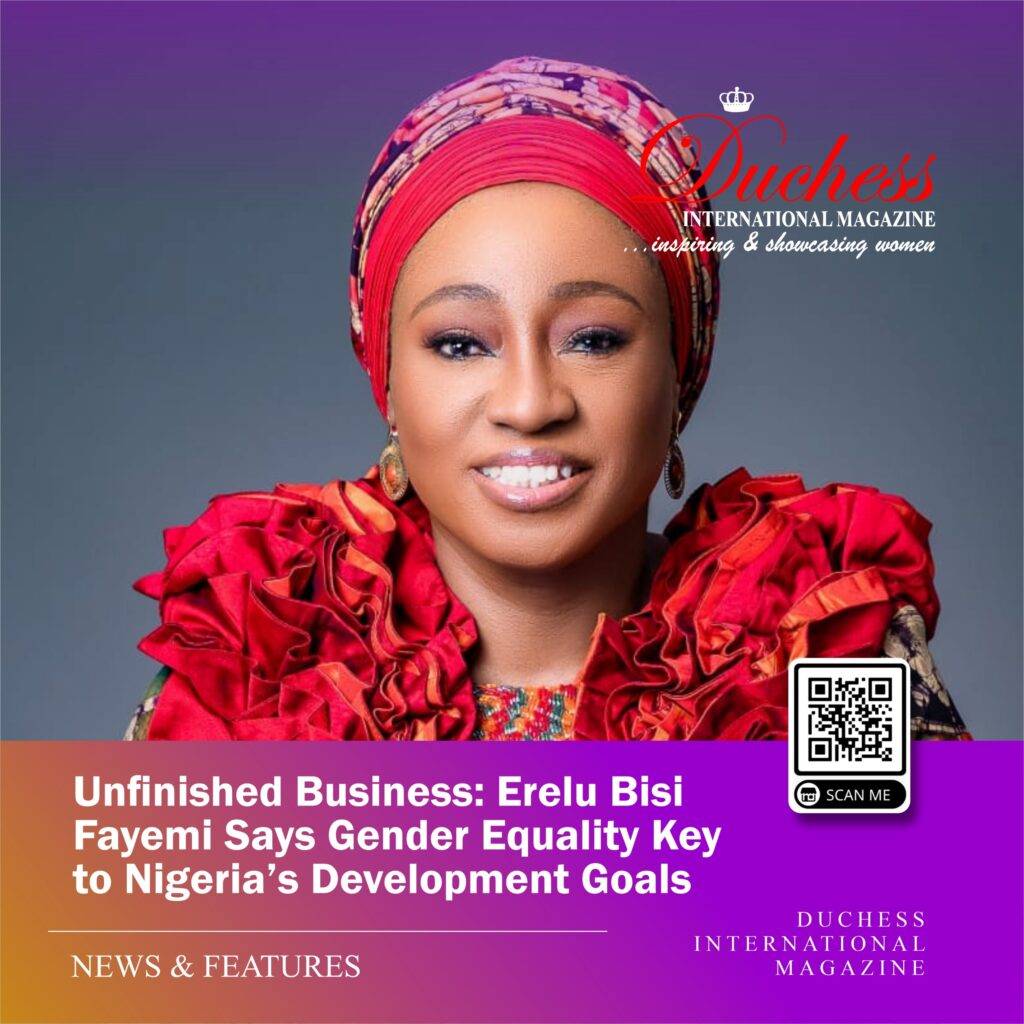In a candid and impassioned conversation on Newscentral’s Jasiri program, Erelu Bisi Fayemi, the former First Lady of Ekiti State and a prominent advocate for women’s rights, called attention to Nigeria’s glaring shortfall in achieving sustainable development due to the exclusion of women from governance.
Fayemi criticized Nigeria’s inability to meet its initial Millennium Development Goals (MDGs) and expressed skepticism about achieving the Sustainable Development Goals (SDGs), particularly SDG 5, which focuses on gender equality and women’s empowerment. She asserted that without women’s full participation in decision-making processes, the nation’s development aspirations remain unattainable.
“When women don’t have a seat at the table to raise issues of concern, when they can’t add a gender perspective to decisions being made in governance, then it means that we don’t matter,” Fayemi emphasized. “It means that we are insignificant, and yet we expect to achieve our development goals, which, by the way, is impossible.”
A Broader Global Struggle
Fayemi pointed out that the marginalization of women in governance is not exclusive to Nigeria. Highlighting global challenges, she referenced the recent U.S. presidential elections, where women still faced significant barriers despite progress in representation. She noted that cultural norms, financial disparities, and political violence remain universal obstacles to gender parity in leadership.
“We have cultural norms and values which still don’t regard women as viable leaders,” she explained. “You see what happened in the United States. Women face systemic hurdles everywhere.”
Nigeria’s Crisis of Representation
Bringing the discussion closer to home, Fayemi described the representation of women in Nigerian politics as being in a state of crisis. In the current 10th National Assembly, women constitute only 3.5% of lawmakers, down from the previous assembly’s 5%. She pointed out the alarming fact that 14 Nigerian states have no female representation in their state houses of assembly.
“We’ve never had a female governor, and this trend continues. This is a serious problem—it’s a crisis as far as I’m concerned,” she said.
The Path Forward: Bold Reforms Needed
Fayemi called on the government to establish robust legal and political frameworks to ensure women are included in leadership positions. She stressed the importance of creating an enabling environment for women to thrive in politics and governance, including addressing financial barriers and reducing political violence.

“The government must tackle this menace and ensure more women are involved. More importantly, all of us need to raise our voices. This is not just a women’s issue—it’s a national issue,” she urged.



